|
В В The world's first zero-emission "unmanned"В В В В container ship has made its maiden voyage
В В В В В В 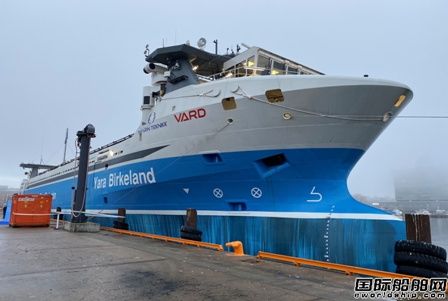
В В В В В В 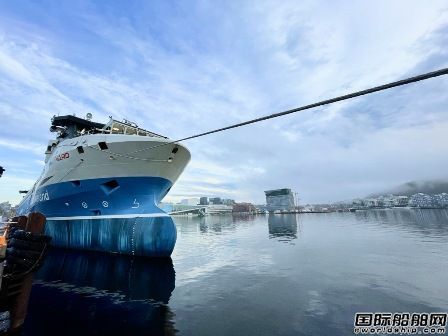
After more than a year of delays due to COVID-19, the world's first fully automated zero-emission container ship, the Yara Birkeland, has finally been put into operation, with the goal of becoming "unmanned" within the next two years.
Prime Minister Jonas Gahr Store and Fisheries and Marine Minister Bjornar Skjaeran accompany the Yara Birkeland on its maiden voyage in Oslofjord on November 19 after it arrived in Oslo.
В В В В В В В 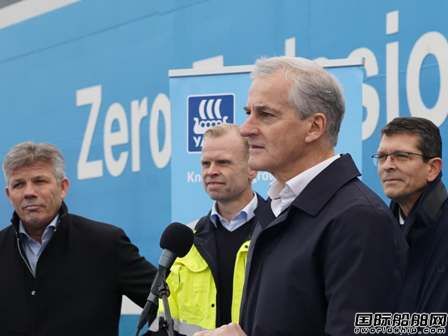
The Yara Birkeland is owned by Yara International, a Norwegian fertiliser giant. "We are proud to showcase the world's first fully electric and autonomous container ship," said Svein Tore Holsether, CEO of Yara. The ship will be able to reduce carbon emissions by 1,000 tonnes a year, the equivalent of 40,000 diesel-powered truck trips.
В В В В В В В В 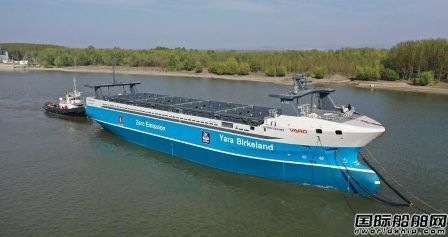
It is understood that the concept of "Yara Birkeland" was first proposed in 2017. As the world's first fully automatic container ship with zero emissions, Yara and Konsberg Maritime of Norway jointly developed the ship. In August 2018, Yara signed a construction contract with Norwegian shipyard VARD worth 250 million Norwegian kroner ($29.6 million), far more than a conventional ship with similar capacity.
The "Yara Birkeland" is based on Marin Teknikk MT207 design. It is 80 meters long, 15 meters wide and can carry 120 standard 20-foot containers at a normal speed of 6 knots and a maximum speed of 13 knots. Initially, the ship was scheduled for delivery in early 2020, but was delayed due to the pandemic and was not officially completed until late 2020, leaving the VARD shipyard. After that, the ship underwent container loading and stability tests before preparing for the next step of autonomous navigation at the Norwegian port and test area in Horten.
В В В В В В В 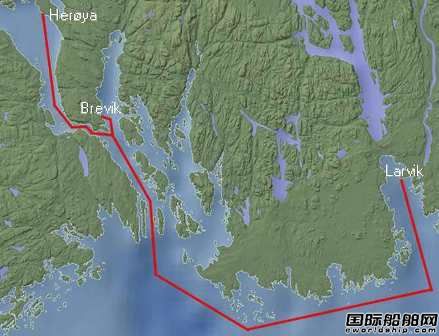
When operational, the Yara Birkeland will be deployed within 12 nautical miles of the coastline in the route between the ports of Heroya, Brevik and Larvik in southern Norway. The area is managed by the Norwegian Coastal Corporation's Vessel Traffic Management System (VTMS) in Brevik, where heroya-Brevik is about 7 nautical miles apart and Heroya-Larvik is about 30 nautical miles apart.
The Yara Birkeland was responsible for transporting fertilizer products produced at Yara's Boshglen plant to the ports of Brevik and Larvik, initially sailing twice a week. For Yara, using the container ship means reducing co2 emissions at the Company's Plant in Boshgren, one of Norway's largest sources of carbon dioxide. Yara's goods are destined for distant markets, particularly Asia and South America.
From 2022, Yara Birkeland will begin manned commercial operations, beginning a two-year testing period for the technology, with the ultimate goal of becoming fully autonomous. The vessel will be operated from the Horten monitoring and operations centre of Massterly, the world's first unmanned ship company, which is a joint venture between Consberg Maritime and Wilhelmsen. Massterly was founded in August 2018 to provide a range of value chain services for unmanned vessels, including design and development, control systems, logistics services and ships.
В В В В В В В В 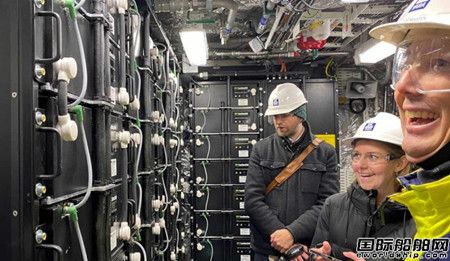
В В В В В В В 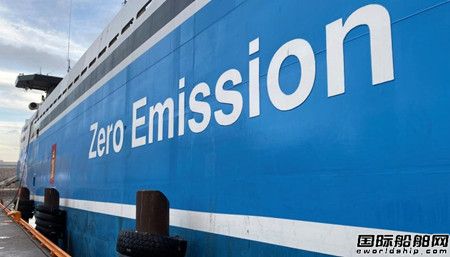
Consberg Marine is responsible for the Yara Birkeland's electric drive, battery and propulsion control systems, as well as all major capability technologies related to remote control and automated operations. Consberg Marine had chosen Leclanche to supply the ship with 6.8 megawatt-hours of batteries, the most powerful in the world at the time and about 1,000 times the capacity of an electric car.
The drive will be two azimuth main propulsion units, and the manoeuvring and berthing will be assisted by two bow thrusters from Brunvoll, including two 900kW towed azimuth thrusters, incorporating a 2.2m diameter controllable pitch propeller, and two 700kW channel thrusters with a 1.75m diameter propeller.
Mackigar has provided an automated mooring solution for the Yara Birkeland, which will be serviced at the three port terminals covered by the ship. Cargo loading and unloading will also use automated electric cranes and other equipment.
В В В В В В В 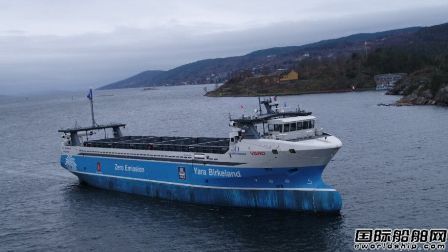
В В В В В В В 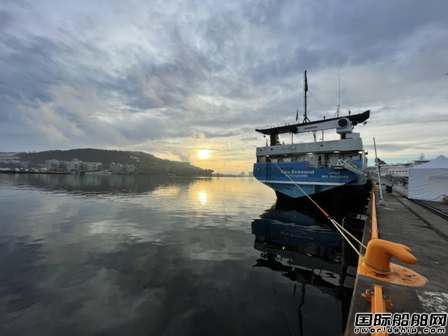
The Norwegian Coastal Agency's vessel traffic management system in Brevik will cover the ship's entire normal mode of navigation. Dedicated operations control centres will also be established at Yara's Boshgren plant and Consberg Maritime headquarters, which will deal with status monitoring, operational supervision, decision support, supervision of the ship and its surroundings, emergencies and special situations, and all other aspects of safety.
"It's not to replace sailors, it's to replace truck drivers," explains Jostein Braaten, Yara Birkeland's project manager. When the ship is fully automated, the bridge will be removed. The ship will be able to load and unload cargo, recharge batteries and sail without human involvement. The ship is equipped with sensors that quickly detect and understand objects in the water, enabling the ship to take action to avoid collisions.
|


















